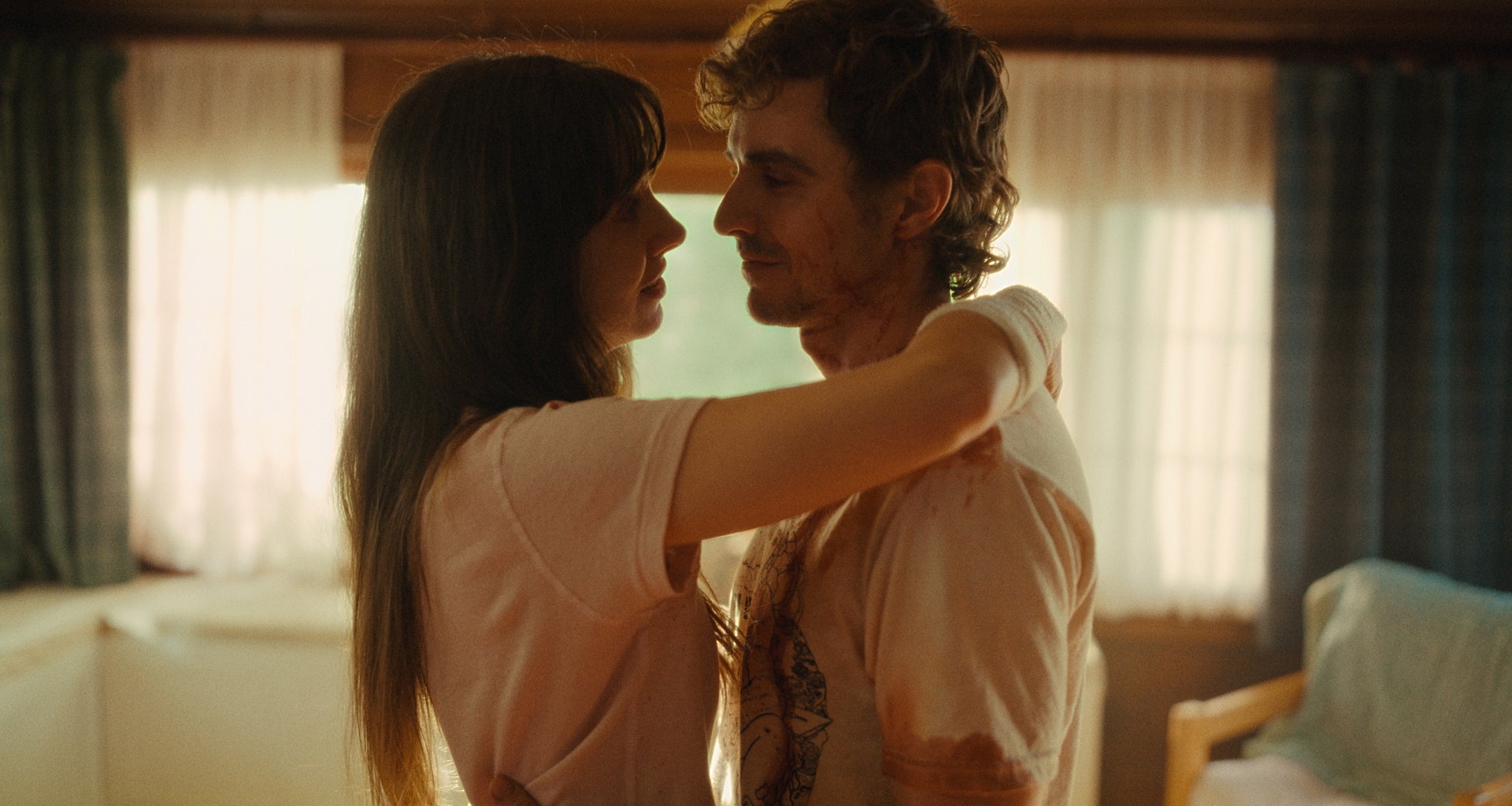Artificial intelligence was reportedly used to turn a man’s face into a woman’s to show a gay couple in Together as heterosexual before the horror film was shown in China.
The movie, directed by Michael Shanks, follows Dave Franco and Alison Brie as they move to the countryside and encounter some mysterious force that triggers horrific changes in their bodies.
In one scene of the film shown in China, a male character’s face is replaced with that of a woman using AI, changing the homosexual relationship on screen into a heterosexual one, Bloomberg reported.
Most viewers only noticed the alteration after side-by-side comparisons circulated on social media.
A report in China Digital Times said some sex scenes were also removed from the final version in theatres.
The Independent has reached out to representatives for Shanks for comment.
ADAM AND STEVE TO ADAM AND EVE
— Angelica 🌐⚛️🇹🇼🇨🇳🇺🇸 (@AngelicaOung) September 17, 2025
Here’s a use of AI I bet you never thought of! The horror film “Together” featured a gay couple in a peripheral role (see below) that got magicked into a straight couple in the Chinese edition.
No spoilers, but this definitely makes the film make… pic.twitter.com/bsxw5019uj
On Douban, the Chinese equivalent of IMDb, viewers said they were alarmed at the digital alterations.
“The evolution to using AI to directly swap faces is truly terrifying. In the future, we won't even know we're watching the original film,” one person said.
“That’s great!” another wrote. “We can re-release Brokeback Mountain, God's Own Country, Lan Yu, and Happy Together, and use AI to remake them into heterosexual romances with just one click. That’s faster and better than taking Chinese medicine! We're so beautiful here! We have hope!”
In a four-star review of Together, The Independent’s Clarisse Loughrey writes that while Shanks’s ideas are smart, and his direction of the digital and practical effects suitably crunchy and nasty, “it’s the casting that makes all the difference”.
“Brie and Franco are married in real life, and that lends an easy, lived-in quality to their characters on screen,” she says. “But the genius lies in the fact that neither of them are traditional horror stars – they’re comedy people, used to bending their bodies and faces in odd ways in order to get a very different kind of reaction from audiences.”

This isn’t the first time LGBTQ+ content has been edited or removed from movies for the Chinese market.
In 2018, Bohemian Rhapsody had references to Freddie Mercury’s sexuality removed. Warner Bros did away with lines of dialogue where characters Albus Dumbledore and Gellert Grindelwald referenced their previous romantic relationship in Fantastic Beasts: The Secrets of Dumbledore, while streaming platforms edited out lesbian characters or references in shows like Friends.
Homosexuality is decriminalised in China but same-sex relationships are not legally recognised and LGBTQ+ advocacy groups and content continue to face restrictions.
In 2018, Chinese broadcaster Mango TV was barred from airing the Eurovision Song Contest after the channel censored LGBT+ content during the semi-final.
China tightly controls content in both traditional and online media and holds internet platforms accountable if they fail to police content.
In 2021, the National Radio and Television Administration issued a directive banning the appearance of “effeminate men” on screen and urging broadcasters to “resolutely put an end to abnormal aesthetics” and promote “revolutionary culture”.
Earlier this year, several young authors who wrote gay erotic fiction, called danmei, were detained and accused of producing and disseminating “obscene materials for profit”.







